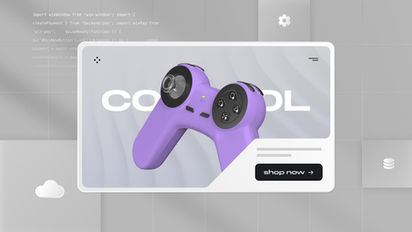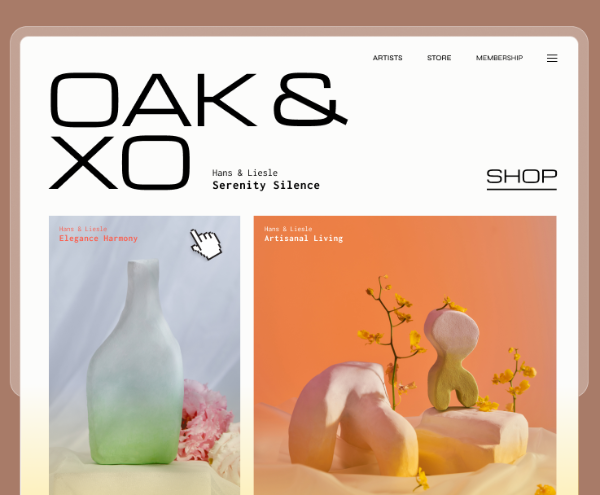Apa Citation Generator for Websites Best Practices
Apa Citation Generator for Websites Checklist
Apa Citation Generator for Websites
Web development is an ever-evolving field that plays a crucial role in building and maintaining websites. In today’s digital age, having a strong online presence is essential for businesses and individuals alike. From e-commerce websites to personal blogs, web development is a key component in creating functional and visually appealing websites. In this article, we will explore the world of web development and discuss the various technologies and tools used in the process.

Apa Citation Generator for Websites in 3 Steps
Apa Citation Generator for Websites
Here are some of the top web design trends to watch out for in 2021:
1. Dark Mode:
Dark mode has been a popular trend in web design for the past few years, and it continues to gain momentum in 2021. Dark mode not only looks sleek and modern but also reduces eye strain and improves readability in low-light environments. Many websites now offer a toggle switch that allows users to switch between light and dark modes based on their preference.
2. Neumorphism:
Neumorphism is a design trend that combines elements of skeuomorphism and flat design to create a soft, realistic look. It involves using subtle shadows, highlights, and gradients to make elements appear three-dimensional and tactile. Neumorphic design can create a more immersive and engaging user experience, making websites feel more interactive and intuitive.
3. Minimalism:
Minimalism has been a popular design trend for years, and it continues to be relevant in 2021. Clean and simple designs with plenty of white space help focus users’ attention on key elements and create a sense of calm and balance. Minimalist websites load faster, are easier to navigate, and convey a sense of sophistication and professionalism.
4. Custom Illustrations:
Custom illustrations are a great way to add personality and character to a website. They can help showcase a brand’s unique identity and differentiate it from competitors. Custom illustrations can be used to explain complex concepts, guide users through the website, or simply add a touch of whimsy and creativity to the design.
5. Asymmetric Layouts:
Asymmetric layouts break away from the traditional grid-based designs and create a more dynamic and visually interesting website. They can help draw attention to specific elements, create a sense of movement and flow, and make the design more memorable and engaging. Asymmetric layouts can be challenging to implement but can result in a truly unique and striking website.
6. 3D Elements:
3D elements add depth and dimension to a website, making it more visually appealing and immersive. They can be used to create interactive product showcases, engaging animations, or eye-catching backgrounds. With advancements in CSS and JavaScript, 3D elements are becoming easier to implement and can help create a more memorable and engaging user experience.
7. Bright Colors:
Bright and bold colors are being used more frequently in web design to grab users’ attention and create a strong visual impact. Vibrant colors can help convey brand personality, evoke emotions, and create a sense of energy and excitement. When used strategically, bright colors can help highlight key elements and guide users through the website.
8. Micro-animations:
Micro-animations are small, subtle animations that add interactivity and delight to a website. They can be used to draw attention to important elements, provide feedback to user actions, or create a sense of continuity and flow. Micro-animations can help create a more engaging and intuitive user experience and make the website feel more dynamic and alive.
9. Voice User Interface (VUI):
With the rise of voice assistants like Alexa and Siri, voice user interfaces are becoming more prevalent in web design. VUI allows users to interact with the website using natural language commands, making navigation easier and more intuitive. Integrating VUI into a website can help reach a wider audience, improve accessibility, and offer a more convenient user experience.
10. Accessibility:
Accessibility is an important consideration in web design, ensuring that websites are usable by people of all abilities. In 2021, there is a growing focus on creating accessible websites that adhere to WCAG (Web Content Accessibility Guidelines) standards. This includes features like alt text for images, proper heading structures, keyboard navigation, and color contrast ratios. By designing with accessibility in mind, businesses can reach a larger audience and demonstrate their commitment to inclusivity and diversity.
1. Wix
Wix is a popular website builder that offers a wide range of templates designed for churches and religious organizations. With its drag-and-drop interface, users can easily customize their website to reflect their unique style and branding. Wix also offers a variety of features such as event calendar integration, online donation tools, and media galleries for sermons and other resources. Additionally, Wix provides reliable hosting services and SEO tools to help churches reach a wider audience online.
2. Squarespace
Squarespace is another user-friendly website builder that is well-suited for churches looking to create a modern and visually appealing website. With its stylish templates and customizable design options, Squarespace allows users to create a professional-looking site without any coding knowledge. Squarespace also offers features like event scheduling, donation forms, and social media integration, making it easy for churches to engage with their community online. Additionally, Squarespace provides responsive design capabilities, ensuring that your website looks great on any device.
3. Sharefaith
Sharefaith is a website builder specifically designed for churches, offering a comprehensive suite of tools and templates to help churches create a strong online presence. Sharefaith’s templates are tailored for churches and religious organizations, featuring customizable layouts and designs to suit any style. In addition to website building tools, Sharefaith also provides features such as sermon hosting, online giving options, and church management tools. Sharefaith also offers a library of resources including graphics, videos, and worship media to help churches enhance their online presence.
4. WordPress
WordPress is a versatile platform that can be used to create a wide range of websites, including church websites. With its extensive library of themes and plugins, users can easily customize their website to meet their specific needs and preferences. WordPress offers features such as event calendars, donation forms, and sermon hosting capabilities, making it a great choice for churches looking to engage with their congregation online. Additionally, WordPress is known for its robust SEO capabilities, helping churches improve their visibility in search engine results.
5. Weebly
Weebly is a user-friendly website builder that offers a range of features suitable for churches and religious organizations. With its drag-and-drop interface and customizable templates, users can easily create a professional-looking website without any coding knowledge. Weebly also provides features like event calendars, donation forms, and video hosting capabilities, making it easy for churches to share resources and connect with their community online. Weebly also offers reliable hosting services and responsive design options, ensuring that your website looks great on any device.

Apa Citation Generator for Websites in 3 Steps
Apa Citation Generator for Websites
Incorporating SEO practices into web design can help improve your website’s visibility in search engine results, driving traffic and increasing conversions. By focusing on website structure, content, user experience, and technical aspects, you can create a website that is not only visually appealing but also ranks well in search engine results. Whether you’re building a new website or redesigning an existing site, incorporating SEO best practices into your web design can help your business succeed online.


